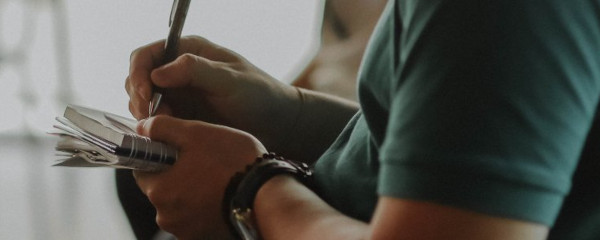
Data Science: Statistical Programming with R
Students learn to operate R, to perform data manipulation and visualisation, work with the (generalized) linear models, conduct simulation studies (e.g. bootstrap) and present results of data analyses in publication ready tables and figures. We will work with the RStudio environment and R Markdown. The focus will be on the tidyverse package.
R is a very popular and powerful platform for data manipulation, visualization, and analysis and has a number of advantages over other statistical software packages. A wide community of users contribute to R, resulting in broad coverage of statistical procedures, including many that are not available in any other statistical programme.
In this course we will cover the following topics:
An introduction to the R environment (RStudio) and R Markdown (for reproducible data analysis) Data manipulation Summarizing data in tables Data visualisation Statistical analysis and inference Present results of statistical analyses in appropriate tables and figures Bootstrapping
No previous experience with R is required. For participants who already have some experience with R, we offer more challenging exercises.
Participants should bring their own laptop with both R and RStudio installed. The installation instructions will be provided to participants well in advance of the course start date.
Target Audience
Applied researchers and (master) students who already use statistical software and would like to learn to use, or improve their usage of, the R environment. Understanding basic statistical theory such as t-tests, hypothesis testing, and regression is required. Participants from a variety of fields—including sociology, psychology, education, human development, marketing, business, biology, medicine, political science, and communication sciences—will benefit from this course.
If you are unsure whether this course is the right fit for you, feel free to reach out to us with your questions at ms.summerschool@uu.nl.
We also offer tailor-made M&S courses and in-house M&S training. If you want to look at the possibilities, please contact Dr. Laurence Frank at pe.dsai@uu.nl.
